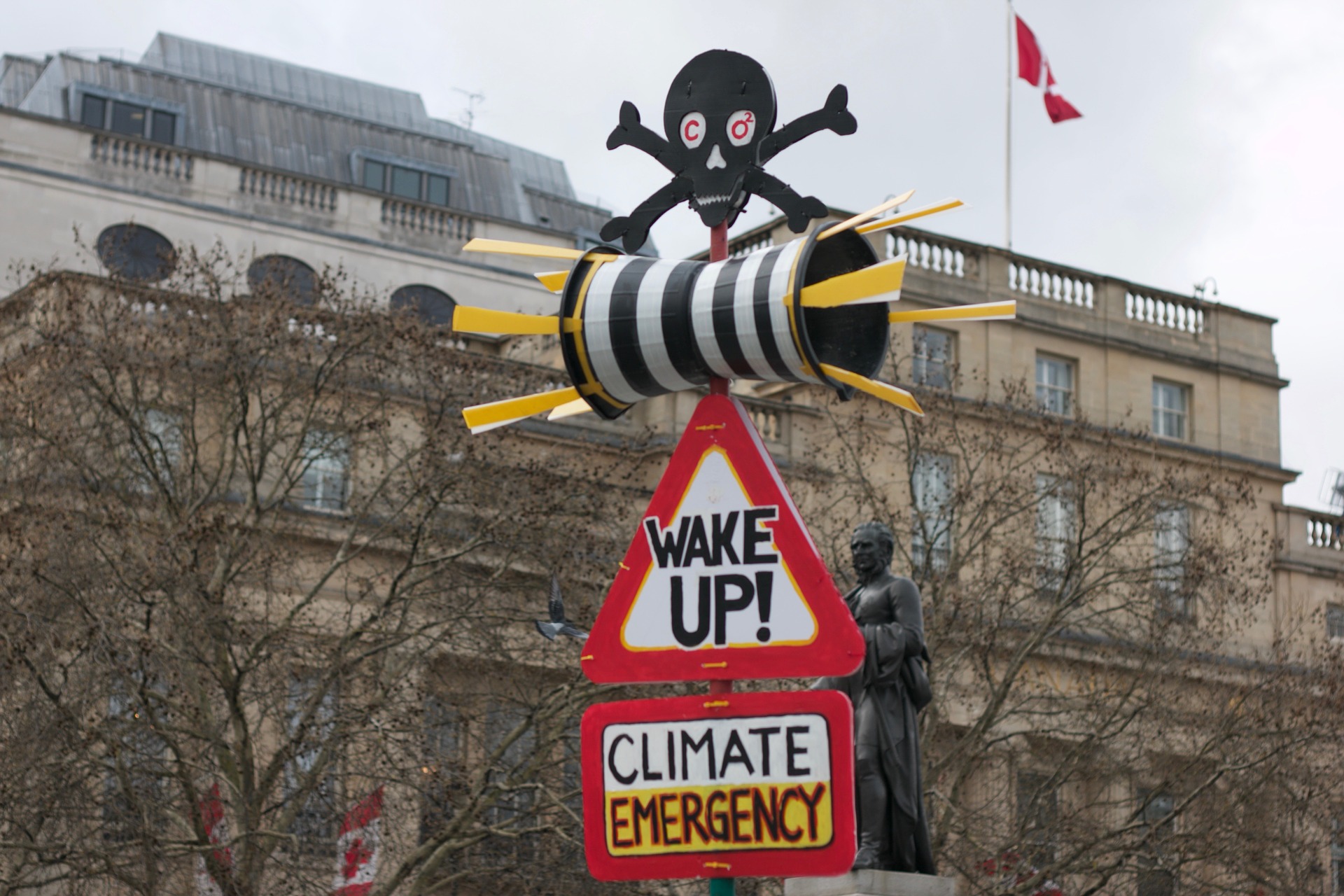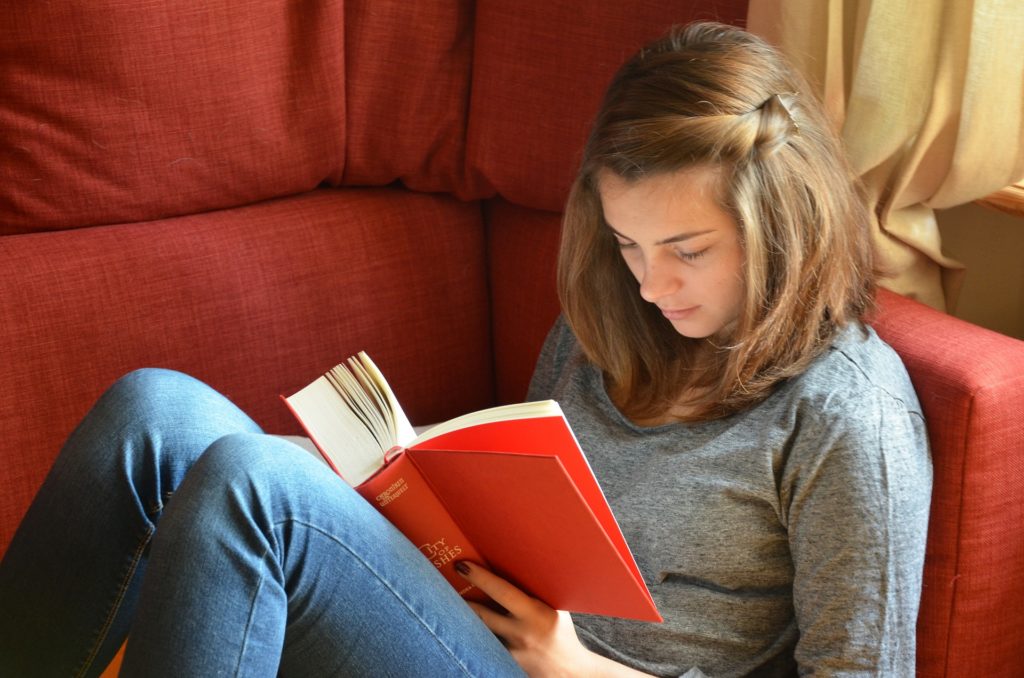von Joana Kollert
Vor gut einem Monat hat das Klimakabinett der Bundesregierung sein Klimaschutzprogramm 2030, meist bezeichnet als “Klimapaket”, vorgestellt. Das Programm wurde häufig für mangelnden Ehrgeiz kritisiert. Beispielsweise meint Patrick Graichen, Direktor des Thinktanks Agora Energiewende, dass die vorgesehenen Maßnahmen „bestenfalls für ein Drittel des Weges“ bis zur 2030er Ziellinie reichen. Ich habe mir die Zusammenfassung des Klimaschutzprogrammes durchgelesen und möchte meine eigenen Bedenken einbringen.




